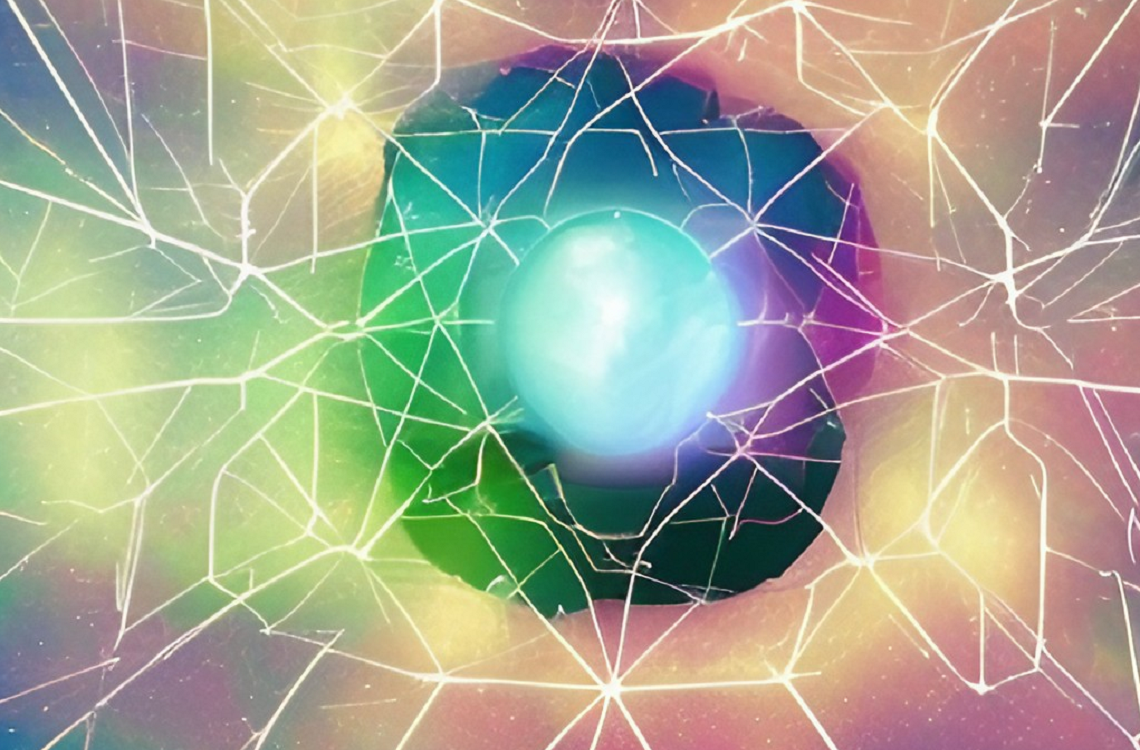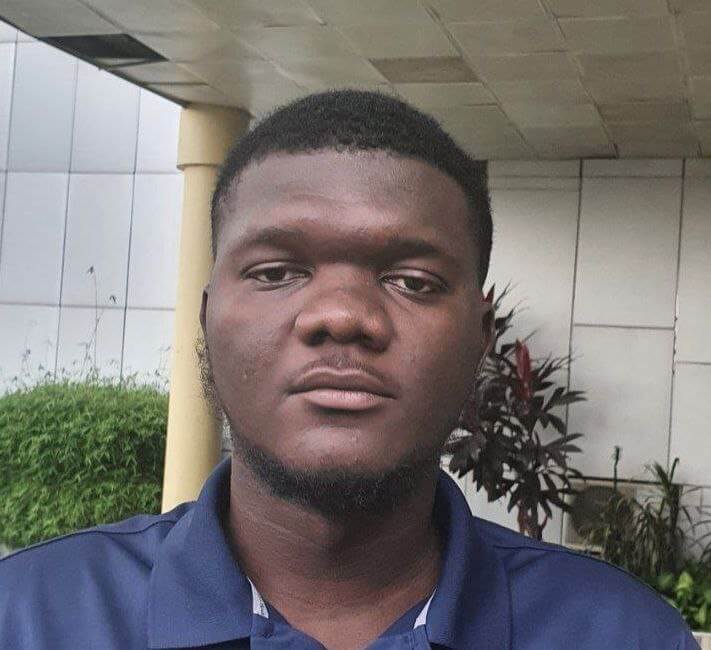DAOs (Decentralized Autonomous Organizations) have become increasingly popular in recent years as a new model of organizational structure that operates on a decentralized blockchain. DAOs allow for distributed decision-making, transparent governance, and community-driven initiatives. At the same time, decentralized science, or DeSci, is a growing movement that aims to democratize scientific research and make it more accessible and open to all. By combining the power of DAOs with the principles of DeSci, we can accelerate scientific progress and drive innovation forward. In this article, we will explore how DAOs are advancing decentralized science and the potential impact they can have on the scientific community.
Advantages of DAOs in Decentralized Science
Funding
Funding is a crucial aspect of scientific research, and traditional funding models, such as government grants and venture capital, can have limitations, such as bureaucracy and lengthy application processes. Decentralized Autonomous Organizations (DAOs) are emerging as a promising alternative for funding decentralized science projects. DAOs are blockchain-based organizations that operate through smart contracts, allowing for decentralized decision-making and fund allocation.
One advantage of DAOs in decentralized science is the ability to streamline funding processes. DAOs can provide faster funding decisions, as the community voted on proposals and approved through smart contracts, reducing bureaucracy and the need for intermediaries. Additionally, DAOs can provide more accessible funding, as anyone can participate in the decision-making process, regardless of their geographic location or financial status.
DAOs have already shown success in funding scientific projects. For example, GnosisDAO, a decentralized platform for prediction markets, funded the first decentralized clinical trial for the COVID-19 vaccine. The trial was run on the Ethereum blockchain and aimed to evaluate the safety and efficacy of the vaccine. Similarly, the GenomeDAO, a DAO focused on funding genomic research, has funded various scientific projects, such as a study on genomic diversity in West African populations.
DAOs can provide a more efficient and accessible funding model for decentralized science projects, enabling faster decision-making and reducing bureaucracy. DAOs have already shown success in funding scientific projects and are poised to become an increasingly important player in the future of decentralized science funding.
Governance
Traditional scientific governance models often involve top-down decision-making and limited participation from those outside of established academic institutions or corporations. This can result in a lack of diversity in scientific ideas and approaches and a slow pace of progress in addressing complex scientific challenges.
DAOs offer a more decentralized and democratic approach to scientific governance. By enabling a wide range of stakeholders to participate in decision-making processes and contribute funding to scientific projects, DAOs can foster a more diverse and innovative scientific community.
One example of a successful DAO-governed scientific project is the AntidoteDAO, which funds cancer research projects using a community-driven governance model. The DAO allows token holders to vote on research proposals and distribute funding, creating a more collaborative and transparent approach to scientific decision-making.
Another example is LabDAO, a DAO designed to unlock progress in computational life sciences by providing the community and tools needed to access funding, find collaborators, and perform research. The LabDAO community includes independent researchers and university affiliates who have access to a network of tools and labs, as well as the ability to recruit collaborators and manage grant funding.
Through decentralized governance models, DAOs can empower a wider range of stakeholders to participate in scientific decision-making and fund innovative research projects that might not be possible under traditional funding models. This can lead to more rapid scientific progress and a greater diversity of ideas and approaches in the field of decentralized science.
Collaboration
Collaboration is a crucial element in scientific research, as it enables researchers to share knowledge, resources, and expertise to achieve common goals. However, traditional collaboration models in science have several limitations, such as geographical barriers, lack of resources, and limited funding opportunities. Decentralized Autonomous Organizations (DAOs) have the potential to overcome these limitations and improve collaboration in decentralized science.
DAOs enable a distributed network of individuals and organizations to collaborate on scientific projects without the need for centralized intermediaries. This allows for greater flexibility, transparency, and efficiency in collaborative efforts. DAOs also enable community-driven decision-making, where stakeholders have a say in the direction and outcomes of scientific projects.
DAOs also enable cross-disciplinary collaboration, where researchers from different fields can come together to solve complex problems. For example, the DAOstack project aims to create a platform for decentralized collaboration where researchers, developers, and other stakeholders can collaborate on projects related to AI, blockchain, and other emerging technologies.
DAOs have the potential to revolutionize collaboration in decentralized science by enabling community-driven decision-making, cross-disciplinary collaboration, and funding opportunities for scientific projects.
Challenges and Limitations of DAOs in Decentralized Science
Regulatory and legal issues
Decentralized autonomous organizations (DAOs) in decentralized science are still in their infancy and face numerous regulatory and legal challenges. One major issue is the lack of clarity regarding the classification of DAOs, which makes it difficult to assess their legal status and regulatory requirements. There are also concerns about potential liability issues and regulatory compliance, particularly with respect to intellectual property and data management.
One possible solution is to work with legal experts and regulators to establish clear guidelines and frameworks for DAOs in decentralized science. This could involve creating new legal structures and regulatory frameworks that take into account the unique characteristics of DAOs, such as their decentralized and autonomous nature.
Another workaround is to operate within existing legal and regulatory frameworks, such as incorporating DAOs as traditional legal entities like corporations or partnerships. However, this approach may not fully capture the decentralized and autonomous nature of DAOs and could limit their potential for innovation and collaboration.
Despite these challenges, some DAOs in decentralized science have already made significant progress in navigating regulatory and legal issues. For example, LabDAO has established a legal entity and partnered with a law firm to ensure compliance with relevant regulations. VitaDAO is working with legal experts to establish clear guidelines for intellectual property management and data sharing.
The regulatory and legal challenges facing DAOs in decentralized science are complex and require a collaborative effort between DAOs, legal experts, and regulators to find effective solutions. However, as the field continues to evolve, it is likely that new frameworks and models will emerge that better support the innovative and collaborative nature of DAOs in decentralized science.
Technical challenges
As with any emerging technology, DAOs face a number of technical challenges in their application to decentralized science. One of the primary challenges is scalability, as current blockchain technologies may not be able to handle the volume of transactions required by a large DAO-based research initiative.
Another technical challenge is interoperability, as different blockchain platforms may not be compatible with each other, limiting the potential for cross-platform collaboration. Additionally, there is the issue of data privacy and security, as the public and immutable nature of the blockchain can make it difficult to ensure the protection of sensitive research data.
One feasible solution to these technical challenges is the development of layer-two protocols that can increase the capacity and interoperability of blockchain networks. These protocols, such as Ethereum’s proposed “sharding” solution, allow for parallel processing of transactions and data, increasing scalability and reducing bottlenecks.
Another solution is the use of off-chain or side-chain solutions, such as state channels or side-chains like Polygon that allow for more efficient and secure processing of data outside of the main blockchain network. These solutions can help to address concerns around data privacy and security by allowing for the encryption and storage of sensitive data off-chain.
Ultimately, the success of DAOs in decentralized science will depend on the ability to overcome these technical challenges and create a robust and scalable infrastructure that can support the needs of scientific research. With continued innovation and development in the blockchain space, it is likely that these challenges will be addressed in the years to come, paving the way for new and exciting possibilities in decentralized science.
Future of DAOs in Decentralized Science
DAOs have already proven their potential to transform the way scientific research is funded, governed, and conducted. As blockchain technology and decentralized systems continue to advance, there is great potential for further growth and development of DAOs in decentralized science. DAOs could potentially lead to a more democratized and decentralized scientific research landscape, with more community-driven and collaborative research projects.
DAOs have the potential to apply to a wide range of scientific research areas beyond life sciences. For example, DAOs can apply to environmental research, social sciences, and many other fields. DAOs can fund and support open-source research initiatives, enabling a more collaborative and transparent research ecosystem.
DAOs have the potential to disrupt the traditional scientific research landscape by enabling more open, collaborative, and transparent research. Using blockchain technology in scientific research can enhance data security, increase transparency, and improve accountability. Using DAOs in scientific research could also help to promote a more equitable distribution of resources and funding, allowing smaller and less established research groups to access funding and support.
Moreover, the decentralized nature of DAOs allows for a more democratized approach to decision-making in scientific research, enabling more diverse and inclusive representation in research projects. With the potential to streamline funding, governance, and collaboration in scientific research, DAOs have the potential to revolutionize the way scientific research is conducted and funded.
Conclusion
DAOs are growing in popularity as a decentralized way of organizing and funding scientific research. They offer advantages in funding, governance, and collaboration, but also face challenges in regulation and technology. Despite these challenges, DAOs hold great potential for further growth and development in the scientific community, with future applications and use cases still to be explored. As the scientific research landscape continues to evolve, the impact of DAOs in advancing decentralized science is an exciting prospect to watch.





